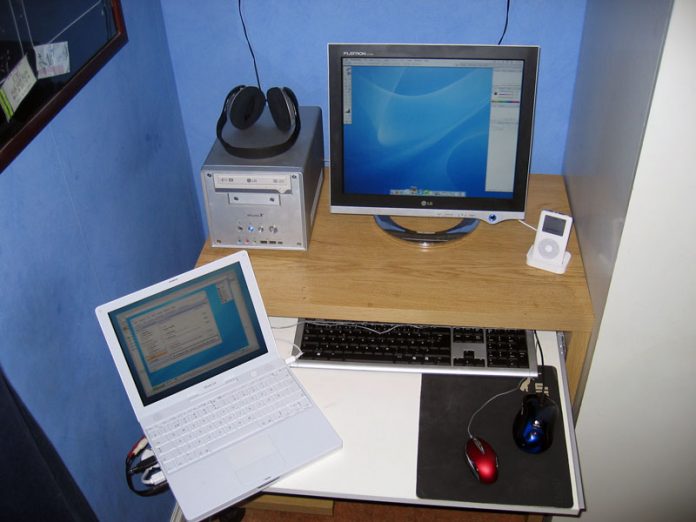Lasers and chemicals and other goods and technologies designed for civilian use, but possibly used for human rights violations, should be subject to European Union export controls, according to the European Parliament’s Trade Committee.
On November 23, the Committee voted for new rules aimed at enhancing “human security” by adding certain cyber-surveillance tools to the list of items that need the approval of national authorities before being exported.
“With today’s vote we extend effective control to cyber-surveillance technology,” said Parliament’s rapporteur Klaus Buchner (Greens/EFA, DE). “We close loopholes that otherwise result in innocent people across the world being imprisoned, tortured and killed. We make the protection of human rights a central aspect of dual-use export control. We add strong, new transparency measures and include civil society participation, whilst continuing to create value-based European trade policy.”
Goods and technologies that can be used in peaceful civilian circumstances can also be used for building weapons of mass destruction, terrorist attacks or facilitating human rights violations. These include a broad range of products from chemicals, toxins, electronic equipment, lasers, navigation technology to nuclear power technology, robotics and software.
According to a European Parliament press release, these include devices for intercepting mobile phones, hacking computers, circumventing passwords or identifying internet users, as such dual-use items are widely used to suppress civilians, political opposition and activists around the world.
During the “Arab Spring”, for instance, there was evidence that European technology was used by authoritarian regimes to oppress activists.
This is why Trade Committee MEPs want to strengthen the protection of human rights and create a “future-proof” system that can rapidly deal with new technologies.
Their key suggestions include the strengthening the protection of the right to privacy, data and, freedom of assembly, by adding clear-cut criteria and definitions to the regulation. The MEPs also want exporters of products not listed in the regulation to make sure that their goods won’t fall into the wrong hands, by following OECD-based “due-diligence” guidelines.
Also, the European Commission must publish a handbook before the entry into force of the new rules, so that EU businesses know what they can and cannot do.
MEPs also voted to delete encryption technologies from the list of cyber-surveillance products, as they consider these vital for the self-defence of human rights defenders.
Now, it is up to the full House to confirm the Parliament’s negotiating mandate during the December plenary session in Strasbourg.

